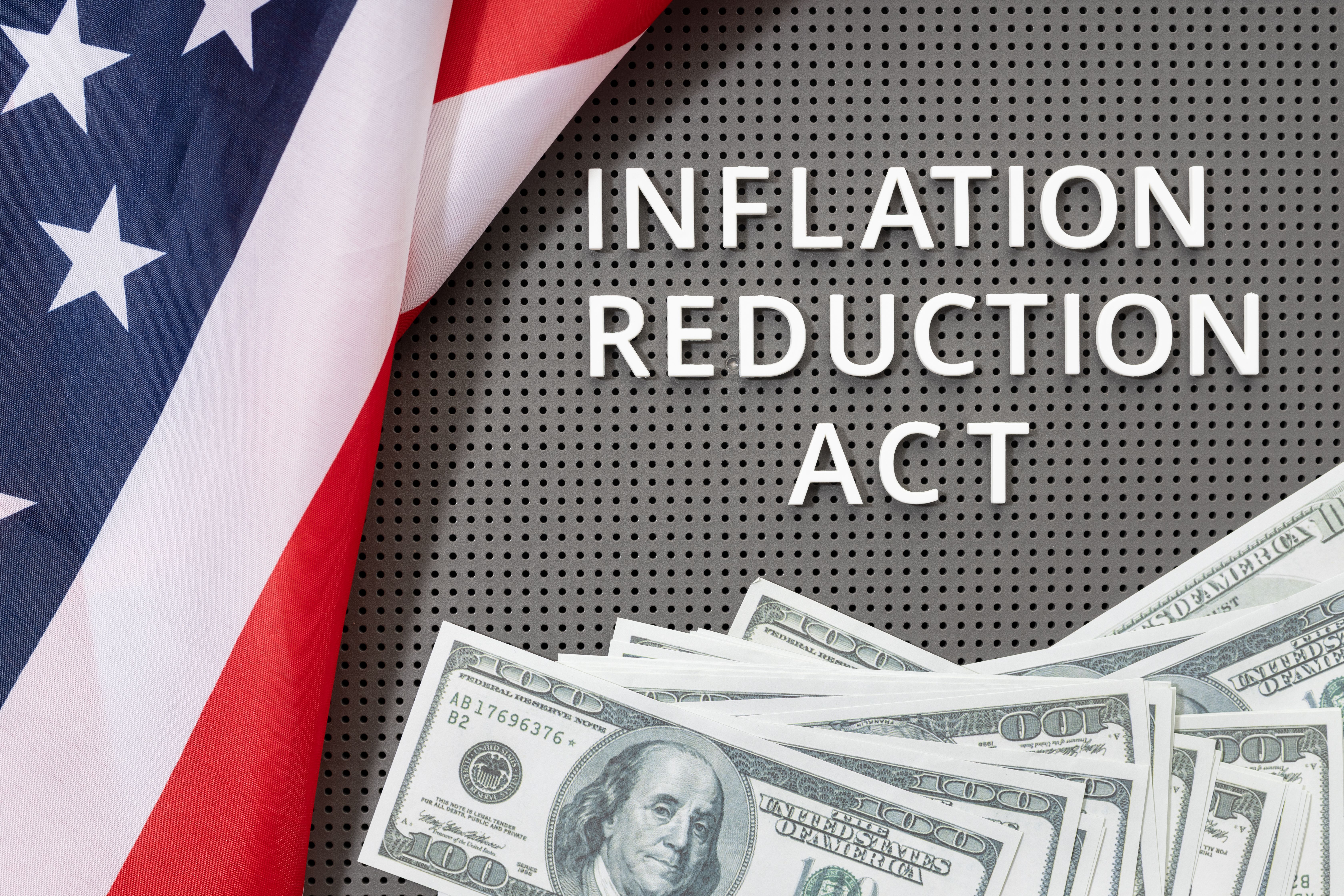
Drug Coverage
Latest News
Latest Videos
CME Content
More News

Foluso Agboola discusses the Institute for Clinical and Economic Review's newest analysis, which has found that most new drugs approved over a three-year period were priced above value benchmarks, potentially costing the healthcare system $1.5 billion.

The new model offers direct manufacturer pricing for weight loss drugs and a way to contribute to employee costs.

A new California law prohibits spread pricing and requires all rebates to be passed to health plans and is an important step toward transparency across the entire pharmacy supply chain, said Blue Shield of California’s Kathy Chang in an interview.

Novartis said that it is exploring an additional direct-to-employer model to increase access and affordability for cash-paying patients in the United States.

AstraZeneca will launch a new online platform to make Airsupra, as well as Farxiga and Flumist, available for home delivery at a cash price that is up to 70% off the list price.
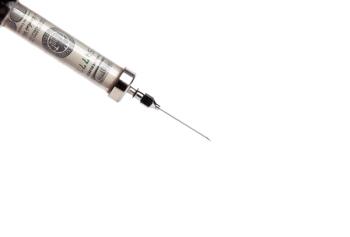
MedImpact launches a performance-driven PMPM pricing model, enhancing cost predictability and accountability for health plans amid rising pharmacy expenses.

Today’s announcement builds on a previous announcement of more than 40% off the Eliquis list price, a direct-to-consumer program that began earlier this month.

Judi Health redefines health benefit management with a $400 million funding boost, enhancing transparency and efficiency for employers and health plans.
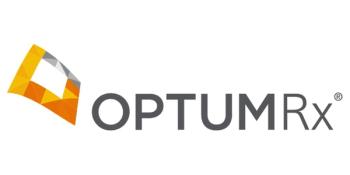
Optum Rx has increased brand drug reimbursement minimums for 2,300 independent pharmacies that are not its network.

Providers also have concerns about being able to stock certain medications, which would have a negative impact on their patients, according the Avalere Health survey.

Two separate analyses in Health Affairs find the One Big Beautiful Bill creates a loophole that exempts or delays orphan drugs — many of them blockbuster drugs that generate billions of dollars in sales — from price negotiations.

ICER’s comparative effectiveness and value review of Wegovy, Zepbound and oral semaglutide finds they are highly effective treatments with significant health benefits, but affordability and long-term management are still unresolved.

In separate announcements, Form Health and 9amHealth said they would provide patients seeking support for obesity care with nutrition and lifestyle support, as well as prescriptions for medications.

A new Business Group on Health survey finds that nearly a quarter of all employer healthcare spending (24%) went to pharmacy expenses in 2024, and employers forecast an 11% to 12% increase in pharmacy costs heading into 2026.
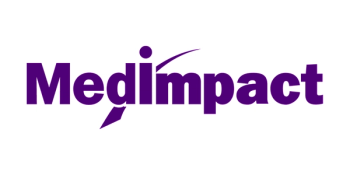
The biosimilar will be available to any licensed specialty pharmacy in the United States at a 95% discount from Stelara, starting January 1, 2026.

A new study finds Medicare beneficiaries are facing higher deductibles and cost-sharing requirements following changes implemented by health plans as a result of the Inflation Reduction Act.

To help Medicare plans better manage members with high drug expenses, Prime Therapeutics has launched an AI-driven tool to help plans identify members likely to experience increases in pharmacy costs.

Managing specialty and cancer drugs, as well as the GLP-1 therapies, tops the list of priorities this year and next, according to a survey by the International Foundation of Employee Benefit Plans.

Two PBMs, True Rx Health Strategies and Capital Rx, are using pharmacogenomics — how a person’s DNA affects their response to medications — to reduce the trial-and-error of prescribing medications, saving employers and patients time and money.

Health policy researcher Geoffrey Joyce argues that only delinking compensation from the list price of a drug will lower drug spending.
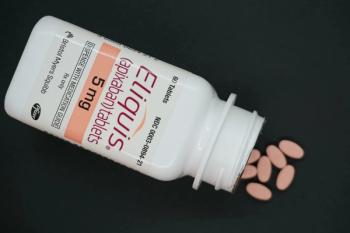
Following in the footsteps of other pharmaceutical companies, Bristol Myers Squibb and Pfizer are offering Eliquis for cash-paying patients at a discount of 40% off the list price.

Optum Rx officials said they now have eliminated reauthorization requirements for more than 140 chronic disease medications.

A separate Prime analysis, however, of year-over-year claims data for Wegovy and Zepbound only found an improvement in adherence in 2024, suggesting there is an evolving understanding of obesity treatment.

More than 50 insurers have pledged to streamline and simplify the prior authorization process through six new commitments.
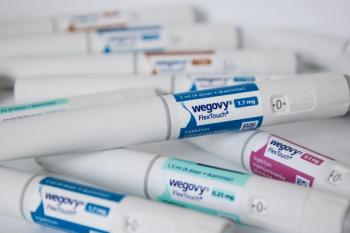
The FDA had resolved the shortage of Wegovy in April, and telehealth providers were advised to stop selling compounded semaglutide products. Novo Nordisk said that Hims & Hers continues to offer these compounded drugs.



